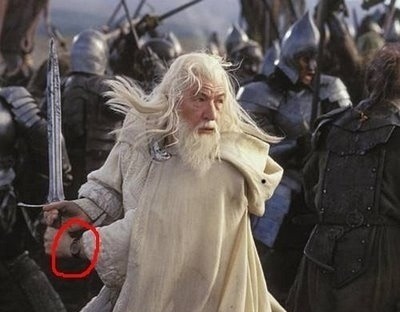While this isn't essential to my WIP, I'm rather curious and it seems to be something that many fantasy authors don't go into.*
How do people tell time in fantasy series or in ancient cultures?
Here's what I know:*
The sundial. It works! Not the best, but it works.*
In The Long Price Quartet (I read the first one, can't wait to get the second!) the Cities of the Khaiem and remnants of the Old Empire use candles during the night. During the day they just measure with the width of their hands and the position of the sun- no mystery there.*
In the Malazan Book of the Fallen Icarium Lifestealer was a little obsessed with time and he made a clock for a city (before it suffered a terrible fate, if I recall).*
Going along with the above, how common are clocks in fantasy?*
I'm aware of the bell tower where someone rings a bell every hour- but how did they know when to ring the bell?*
And are there any other ways cultures used to tell time?
How do people tell time in fantasy series or in ancient cultures?
Here's what I know:*
The sundial. It works! Not the best, but it works.*
In The Long Price Quartet (I read the first one, can't wait to get the second!) the Cities of the Khaiem and remnants of the Old Empire use candles during the night. During the day they just measure with the width of their hands and the position of the sun- no mystery there.*
In the Malazan Book of the Fallen Icarium Lifestealer was a little obsessed with time and he made a clock for a city (before it suffered a terrible fate, if I recall).*
Going along with the above, how common are clocks in fantasy?*
I'm aware of the bell tower where someone rings a bell every hour- but how did they know when to ring the bell?*
And are there any other ways cultures used to tell time?

 Sage
Sage Auror
Auror
 Inkling
Inkling